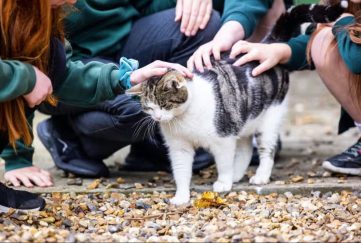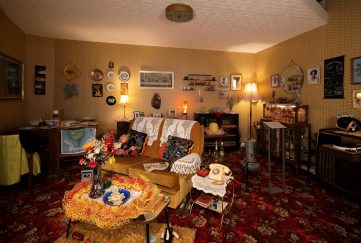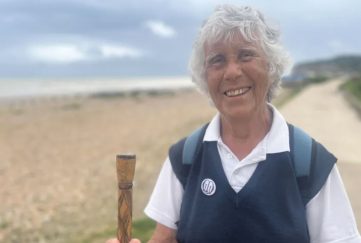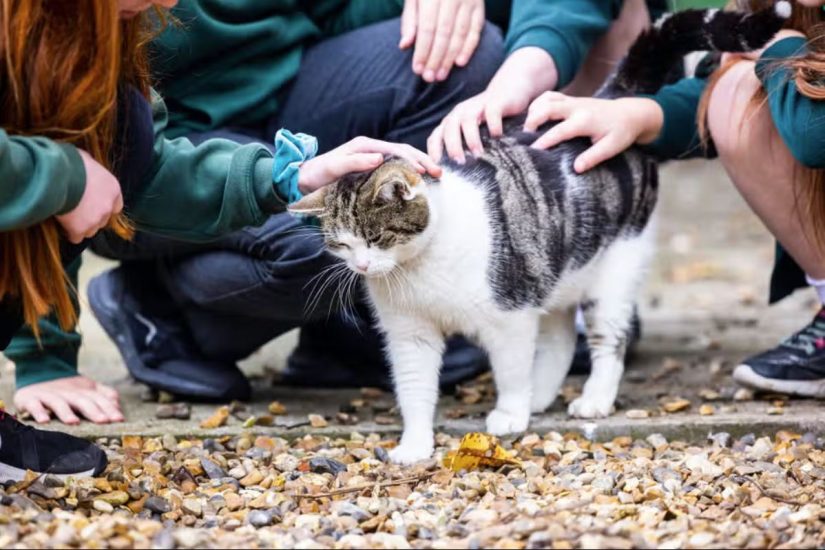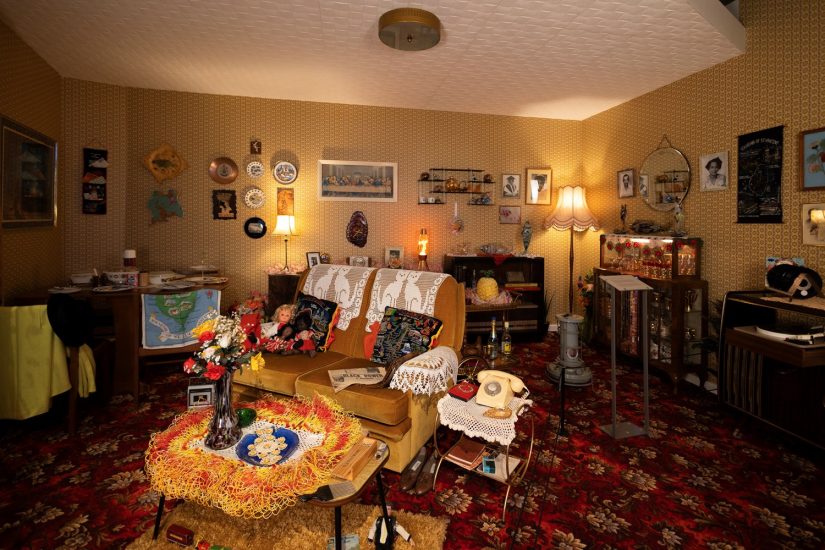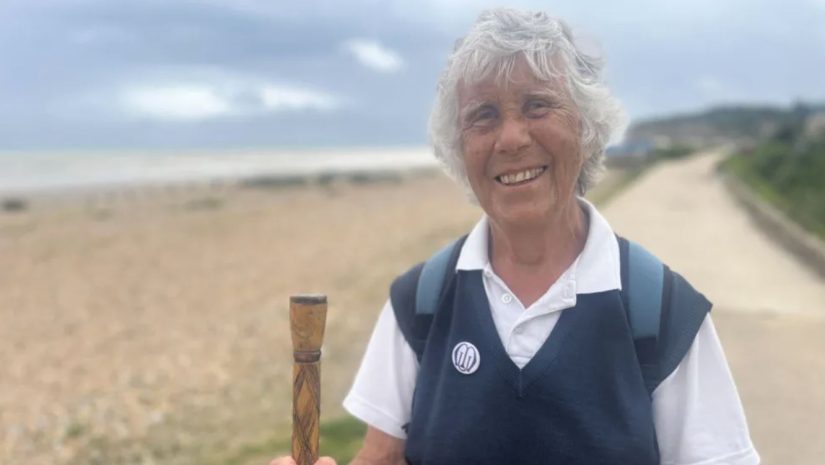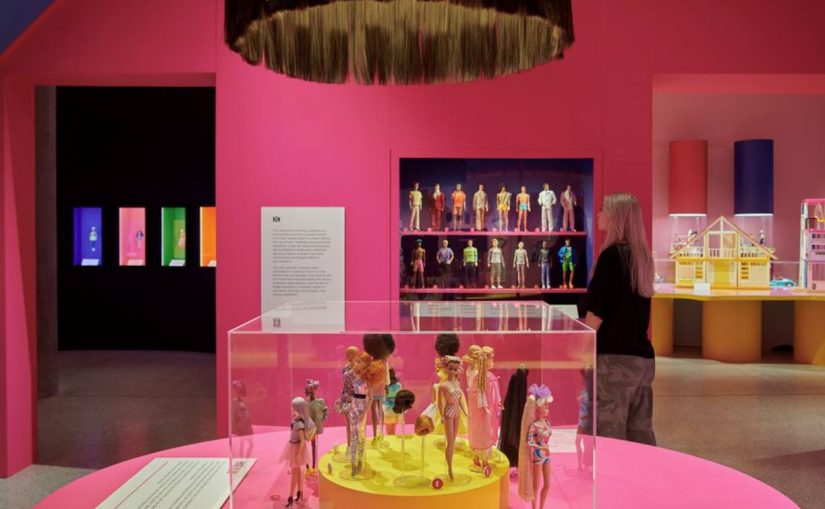The Defence Of The Pass: Part II
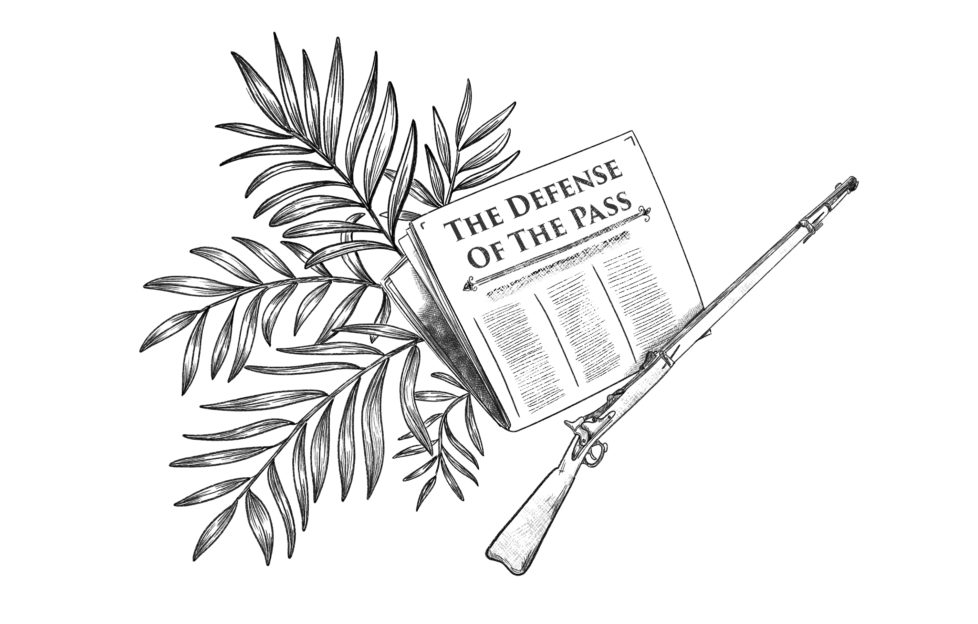
This is the final part of “The Defence Of The Pass”, our story of the Cuban War Of Independence. The first part of the story was published in last week’s Fiction Newsletter.
When we left off, American journalist James Whitney and the insurgents were preparing an ambush for a column of Spanish soldiers . . .
Down went the Spanish troops, man after man, like grass before a scythe. The foremost, struggling back to get at the scene of the fight, thrust their unfortunate comrades over the edge of the cliff; while those in the rear, supposing they had come upon a strong insurgent force, bolted down the road for their lives.
But the lank lieutenant of the Cazadores shouted “Fire!” in his turn, and as the rifles came clumsily home, one after another anyway, a pattering shower of lead swept through the bushes, and an insurgent by the journalist’s side dropped his weapon with a clatter, and fell face downwards on the warm earth, tearing up great handfuls of leaves and soil.
For a moment Whitney watched the thinly clad limbs writhe and quiver , and then, remembering a similar scene in the Lagunitas lagoon, a blind fury swept over him, and dragging out his revolver he dashed down the hillside into the thick of the smoke, just as, with howls of rage, the Cazadores rushed at the slope with swinging rifle butt.
Meantime the insurgents had loaded again, while the Winchester repeaters flashed unceasingly from behind the mahogany trunks, and as the clear tones of the lieutenant’s voice made themselves heard above the rattle of firing and the shrieks of wounded wretches on the road below, a simultaneous volley crashed out from the undergrowth, and the advance crumpled and melted away.
Men flung themselves down amid the birchwood, coughing up their life’s blood in choking gulps, or rolled helplessly down the steep slope, while the uninjured, throwing away their empty rifles, bolted pell-mell back towards the valley.
Then the insurgents sprang from their lair, and the rifle butts rose and fell like flails, as they knocked the legs of the flying Cazadores out from under them, or crushed down through kepi and skull.
The whole affair did not take long. A few minutes earlier two strong companies of the Cazadores had marched confidently up the mountain road. Now, some lay smashed out of all semblance of humanity in the valley below, some were flying for their lives down the rough track, pursued by a long-range rifle fire from such of the insurgents as fancied themselves marksmen, while the remainder, having thrown down their arms, huddled together like frightened sheep, gazing with horror at the rigid forms lying so still and motionless, blotches of raw green in the hot dust of the road.
“Short and sweet,” said Lieutenant Carlos, grimed with smoke and soaked in perspiration, as he lighted a cigarette and looked at his right wrist, blackened and burned with the backspitting of his revolver; then he laughed. “The little captain runs valiantly and well — trying to regain his place at the head of his men.”
But as he gazed his face grew stern.
“It is not well that a ravager of women and a murderer of peasants go scot free. Who will stop him?” he said.
The plump little officer was indeed bolting down the hillside at a speed which none would have supposed possible for a man of his weight, when an insurgent, thrusting a fresh cartridge into the chamber of his English Martini, quietly dropped on his right knee in the dust.
Up went his left elbow over the left kneecap, and the rifle barrel glittered in the sunlight as the tiny foresight wavered to and fro across the flying figure. But not so was the captain of Cazadores to meet his end, for a wild object, with garments have-rent from him and an empty rifle in his right hand, hounded down the hillside right across the path of the fugitive.
The marksman drew his right hand away from the trigger guard, for in that blood-streaked, ghastly face and glittering eyes he recognised the friendly peasant.
Out came the captain’s sword and flashed in the sun as it circled round behind his shoulders, then, gazing with all their eyes, the watchers saw the venomous bright blade flicker as it went forward and slid into the half-naked breast of the frenzied wretch.
But down came the swinging gunstock, and the brass-bound butt smote the Spanish officer full in the teeth, so that he dropped like a log, with the wiry fingers of the dying peasant tearing convulsively at his throat.
An insurgent went forward and presently returned.
“Quite dead — the hilt against his breastbone,” he said.
“There is an eternal justice and a fitness of things, which works itself out in spite of us — but may I be forgiven, I am not a Cuban, and I believed I killed ‘a man’,” said the journalist, and the listeners burst into a harsh laughter.
“Killed a man,” answered an insurgent. “Yes, and how many more; count the cartridges in the chamber — so, one left, and you reloaded it, too. I saw you,” and the American turned his back and went slowly away.
“Strip those prisoners and let them go — we are not murderers yet,” said the lieutenant, and the thing was done.
While the officer looked on, a wounded Cazador, his green uniform stained with dust and blood, dragged himself painfully on hands and knees towards him.
“Water — in the name of the Virgin — give me water,” he gasped.
Lieutenant Carlos looked down, half-pitying, half-contemptuous, and finding his own canteen empty, snatched a flask from one of the Spanish prisoners.
But the wounded man, looking at the water with longing eyes, drew back his hand.
“Not his — I touch nothing from him — spy and traitor.”
“Take this, then,” said the officer, holding the American’s felt-covered tin to the parched lips; “not so fast there— hold that man,” and he pointed to an individual in the uniform of a line regiment who was quietly skulking away.
“Now,” he said, “tell me what you know of him; spies meet with small mercy here.”
The insurgents clustered round, and one kneeling in the dust raised the wounded man’s head and shoulders in his arms.
“He is a traitor — three of my comrades he accused of trying to desert, and they were shot before our eyes, and innocent all. You know the fate of La Costa, who was taken by the gunboat Viajero.”
(An angry growl ran round the group, the spy shivered in the grasp of the men who held him, and his knees trembled beneath his weight.)
“It was this man who followed him to the United States, and posted the General as to where the schooner would land, and when they led La Costa out to die — you have heard.”
“We have heard — nothing — see that you speak truth,” said the officer, with flaming eyes.
“What avail are lies to me — a dying man,” answered the Cazador, with the blood oozing through his pale lips. “’Twas at Santa Marta, and they led him out between the right half company — I was there, and the deed is heavy on my soul, but what could I do?
“He walked calmly down the line with a rose in his hand, and turned to the colonel with a smile on his face. Then this man — this spy — this Judas, mocked him, and a private of the line cursed him, and smote him for it with his bayonet hilt; the mark is on his lips now — you may see.”
Here the terrified wretch instinctively raised his hand to cover his lips; but a rebel forced back his elbow, and every man saw the newly healed scar, while the low, pitiless voice went on.
“La Costa answered not, but he put the man back who would have bound his eyes. ‘I am of the old blood of Castile, and fear not to look death in the face. Lay this with me, it is a gift,’ he said, looking at the rose.
“Ah! The sun glare, and the crowded white roofs and the deep silence of the crowd, for many women wept and there was no man but felt his heart heavy that a gallant soldier should die.
“La Costa, he stood with the sun in his face, and it was till and white against the white wall, and the men could scarcely hear the lieutenant’s voice as he gave the word — fire.
“When the smoke cleared he was down, and there was a great sob from the crowd, and that is all.”
“Bravo, La Costa, patriot and cavallero,” said the lieutenant, quietly, with a mistiness in his eyes. “As for that dog, heave him over the cliff — let it be done quickly, let the Spaniards see to their wounded. We march at once.”
The bugles rang out defiances across the valley, and carrying their dead and wounded with them the Cubans slowly withdrew into the defiles of the mountain; and presently there were only a number of figures lying rigid and still in the white dust, and staring upwards into the blue heavens with glassy eyes, to show what had happened when the insurgents held the pass.
Click here to read more of our fantastic Fiction content.
Click here to delve into our dramatic Daily Serial.


